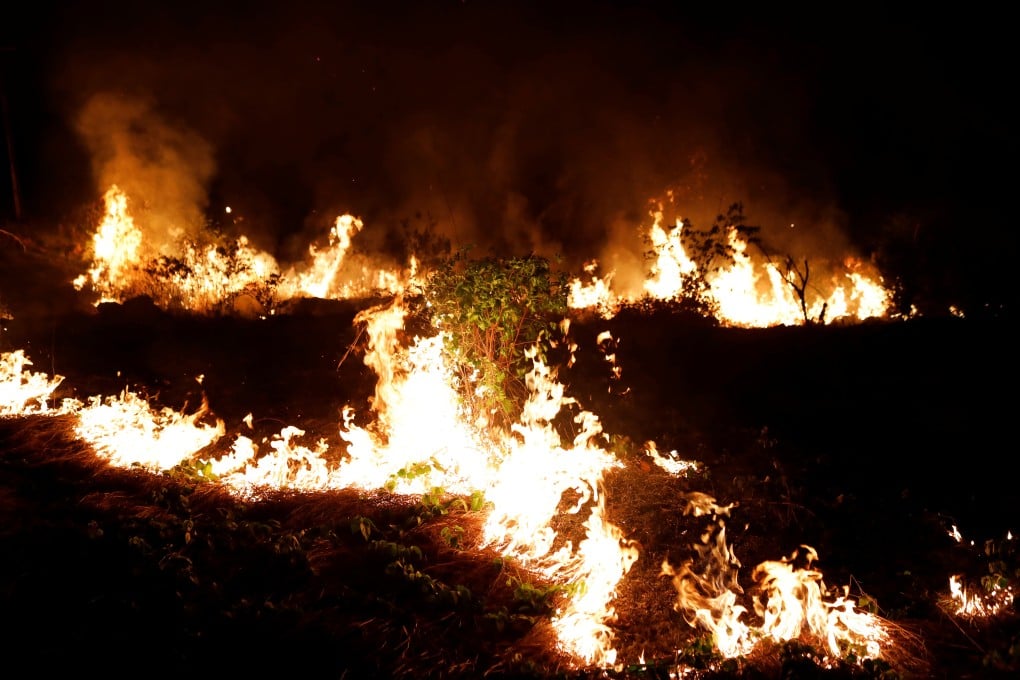Advertisement
Letters | Amazon fires should inspire fast-food chains to reflect on the impact of their products and choice of suppliers
- Despite their promises, fast-food giants are still purchasing meat and soya linked to the destruction of the Amazon rainforest
- Hong Kong plays an outsize role in deforestation as one of the world’s biggest importers of Brazilian meat
Reading Time:2 minutes
Why you can trust SCMP

Burgers and fried chicken have become an inevitable part of our meals, but fast-food giants – McDonald’s, Burger King and KFC – are failing live up to their zero deforestation commitments as they try to satisfy our insatiable cravings.
These companies should have halted their purchase of goods from Brazil, as those products are linked to large forest clearances for cattle farming in the biggest rainforest in the world – the Amazon .
The number of fires in the Amazon have increased by 111 per cent since the start of Jair Bolsonaro’s presidency. Just in August, according to the latest data published by space research centre INPE, about 2.5 million hectares of land was set on fire in the Brazilian Amazon – equal to 23 Hong Kongs.
Advertisement
The Amazon plays an important role in the world as it is home to 10 per cent of all plants and animals: 40,000 kinds of plants, 400 types of mammals and 1,300 different kinds of birds. Also, tens of thousands of indigenous people live in the rainforest.
As the fate of the above species and people hangs in the balance, in Hong Kong alone, over 300 outlets of McDonald’s, KFC and Burger King are meeting customer demand every day by aggressively marketing meat products. They are important users of products that drive deforestation in Brazil – beef and soya, which is often used in animal feed.
Advertisement
Advertisement
Select Voice
Choose your listening speed
Get through articles 2x faster
1.25x
250 WPM
Slow
Average
Fast
1.25x